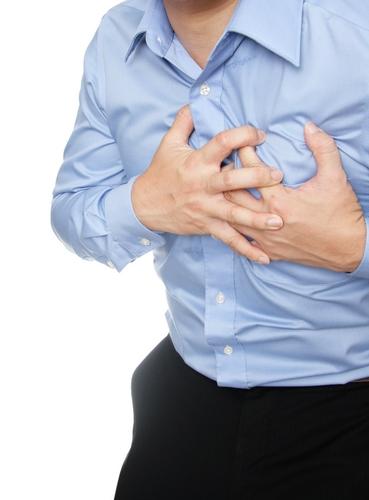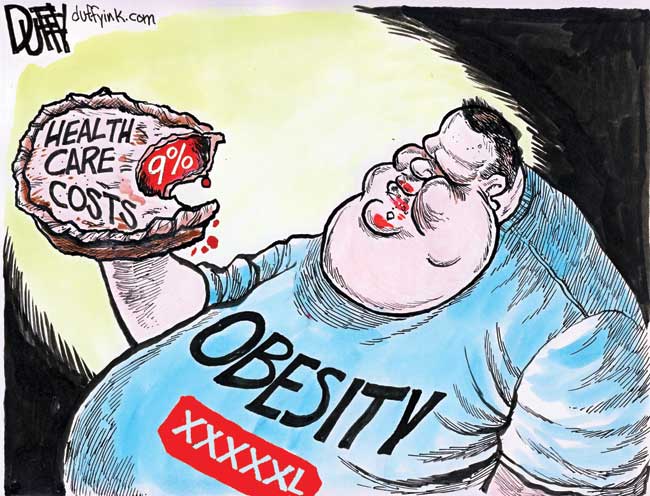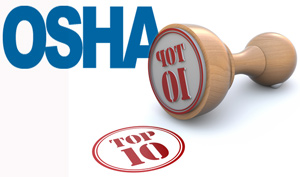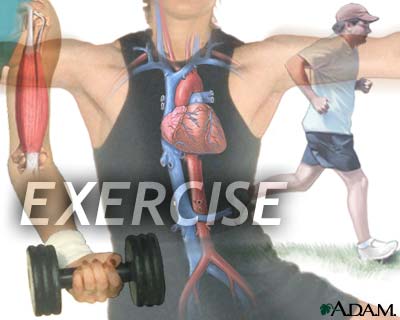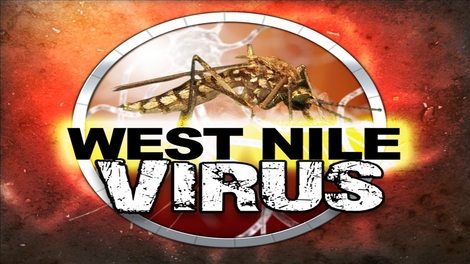 Here are five things you need to know about West Nile virus:
Here are five things you need to know about West Nile virus:
1. Most mosquitoes do not carry West Nile.
In areas where mosquitoes carry the virus, only about one in 500 mosquitoes is infected, according to the Connecticut Mosquito Management Program.
2. Most people bit by West Nile mosquitoes do not get sick.
About 80% of people bit by a mosquito infected with the West Nile virus do not get sick, according to the CDC. About 20% will have relatively mild symptoms, such as fever, headache and vomiting. Symptoms can last for as short as a few days or as long as a few weeks. About one in 150 people infected with West Nile will develop a severe illness, which can include paralysis, coma or death.
3. You can help prevent West Nile with the “four Ds.”
• Use mosquito repellent with DEET
• Dress in long pants and long sleeves
• Be especially careful at dusk and dawn
• Drain any standing water, such as kiddie pools or bird fountains, where mosquitoes like to breed.
4. People over 50 are most vulnerable.
Those older than 50 are the most likely to become severely ill with West Nile and should take special care to avoid mosquitoes, according to the CDC.
5. Seek medical care immediately if you have severe headaches or confusion.
If you develop symptoms of severe West Nile virus illness, such as unusually severe headaches or confusion, seek medical attention immediately, according to the CDC. Severe illness usually requires hospitalization. Milder cases improve on their own and do not necessarily require medical attention.
via West Nile outbreak largest ever in U.S. – CNN.com.
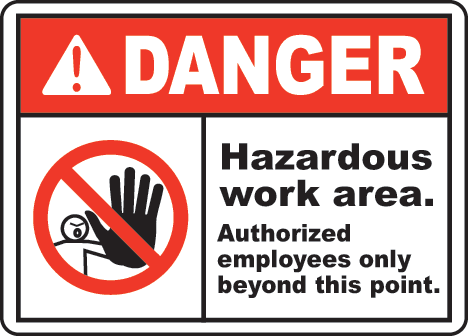 At least there is some good news on the employment front: the American workplace is a lot less hazardous than it was a decade ago.
At least there is some good news on the employment front: the American workplace is a lot less hazardous than it was a decade ago.
